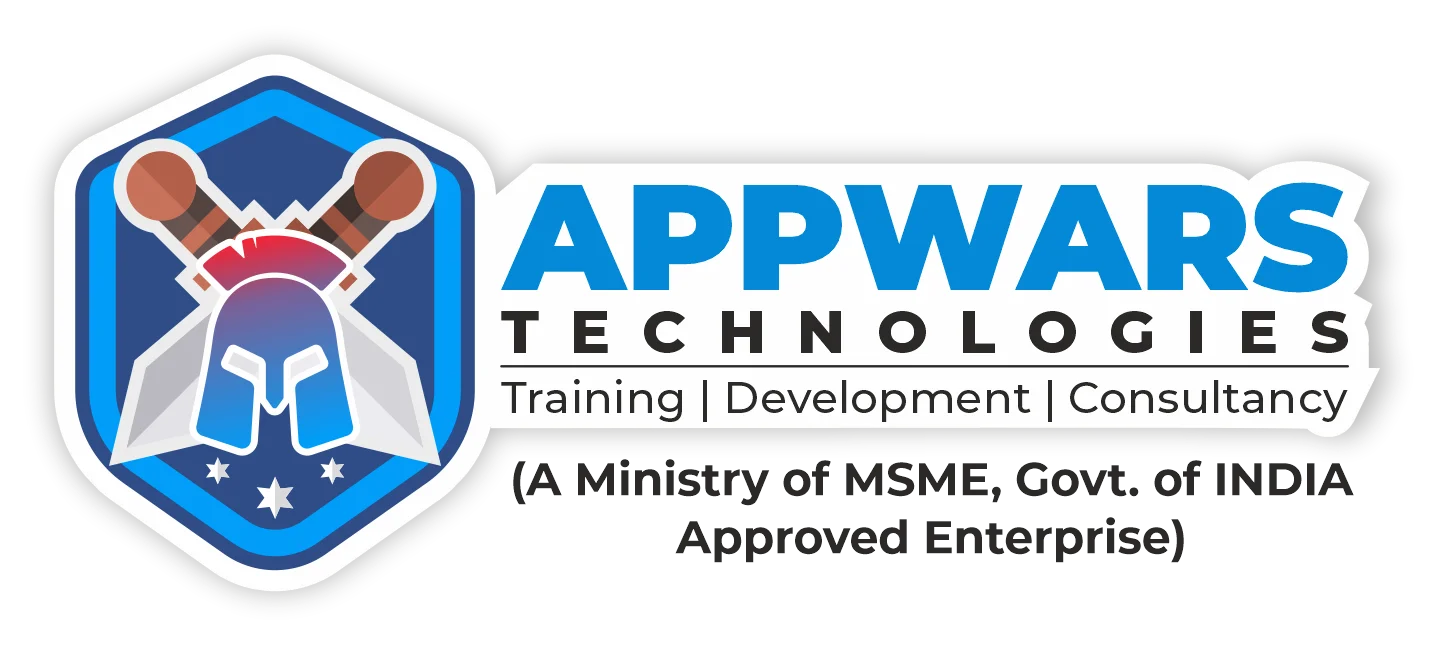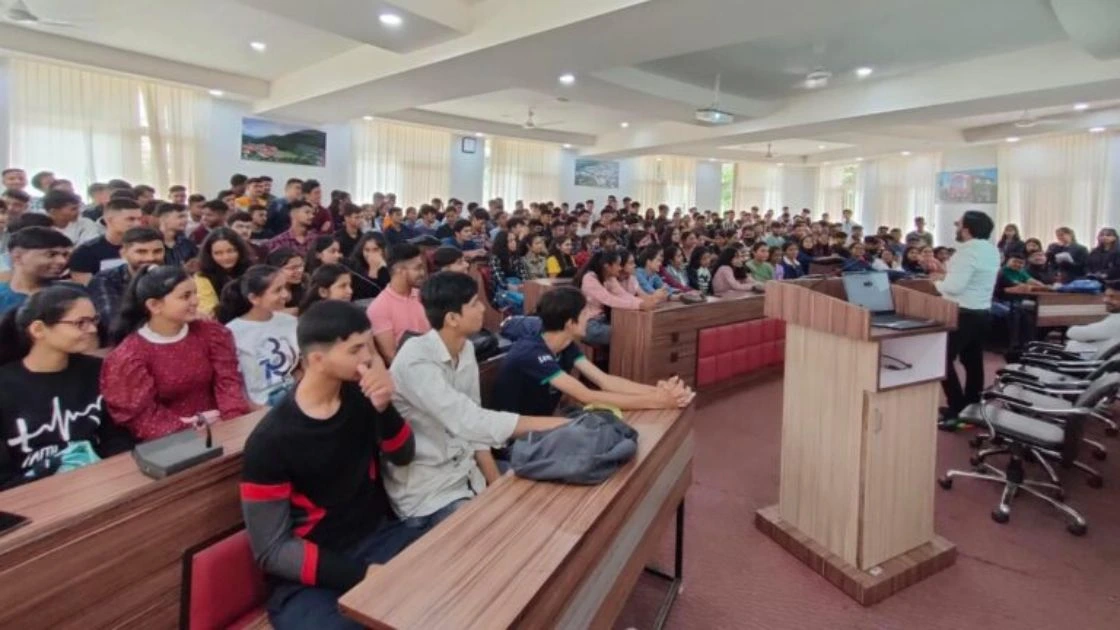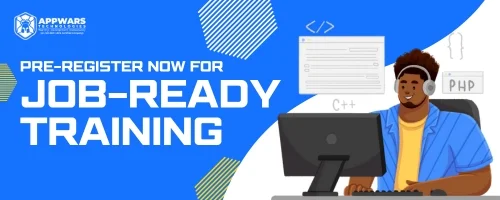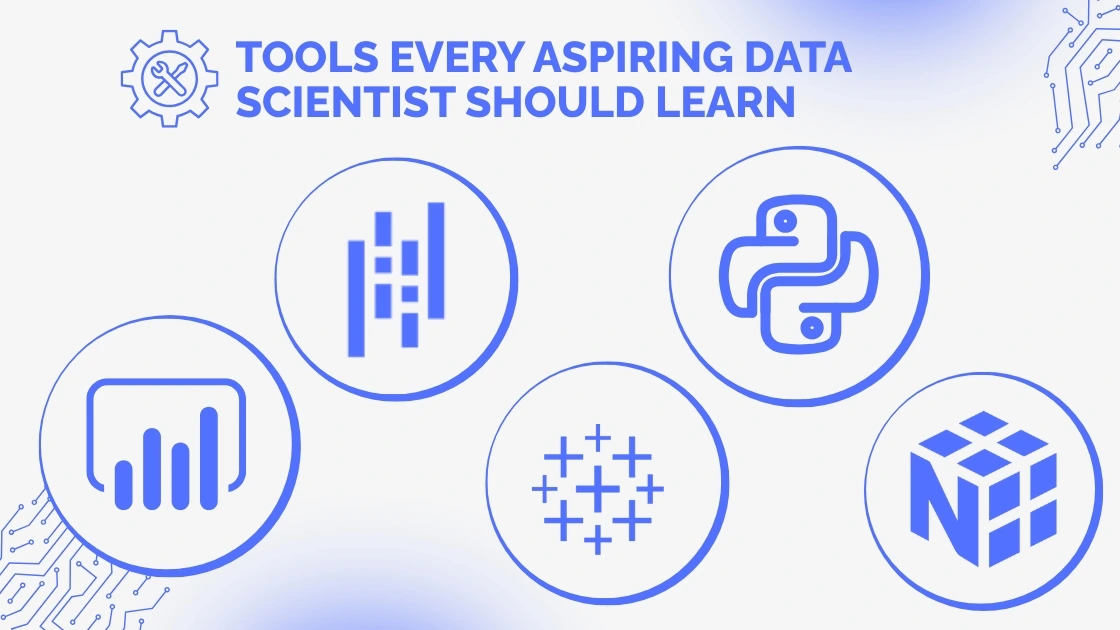In today’s fast-paced tech world, skills speak louder than certificates. Recruiters no longer just look at how many credentials you’ve added to your résumé — they want to know what you can actually build, fix, or optimize. Whether you’re an aspiring developer, data analyst, or cybersecurity professional, the difference between theory and real-world problem-solving can make or break your career.
At Appwars Technologies, we’ve trained hundreds of students and professionals who came with stacks of certificates but no idea how to apply their learning in practical projects. What truly transformed their career wasn’t another certification — it was hands-on, project-based training.
Let’s break down why practical training matters more than certifications in the tech industry and how it can accelerate your growth.
1. The Industry Doesn’t Hire Certificates — It Hires Skills
Most job descriptions may list certifications as “preferred,” but hiring managers care about one thing — whether you can do the job. A piece of paper doesn’t prove your coding ability, debugging approach, or understanding of system design.
For instance, a Python developer with five certifications but no portfolio might struggle to land a job. On the other hand, someone who has built real projects — like a data scraper, a chatbot, or a full-stack web app — immediately stands out. Practical exposure showcases problem-solving, creativity, and the ability to learn on the go — traits that can’t be certified.
At Appwars Technologies, our programs are designed to bridge this gap. Every concept you learn is paired with real-time projects and industry scenarios so you can prove your capability, not just your credentials.
2. Real Projects Build Confidence and Creativity
Certifications often focus on theoretical or standardized content. They teach you what a concept is, but not how to use it in different contexts. Practical training, on the other hand, forces you to think critically, experiment, and troubleshoot — all of which are vital skills in tech roles.
Imagine learning web development from a book versus building your first live website. The moment you deploy your project, fix a bug, or improve performance, you gain real confidence. You start to understand why certain methods work and how to improve them.
At Appwars, we encourage our students to take part in hackathons, internships, and live client projects. This kind of exposure develops creativity and adaptability — two skills every employer values more than any certificate.
3. Practical Training Prepares You for Real-World Challenges
In the tech industry, the biggest challenge isn’t passing an exam — it’s solving unpredictable, real-world problems. A certification might teach you the syntax of a programming language, but it won’t prepare you for debugging production issues, managing deployment errors, or working with APIs that behave unexpectedly.
Practical training gives you hands-on experience dealing with these complexities. You learn to manage time, collaborate in teams, use version control tools like Git, and work in real agile environments. These are the exact conditions you’ll face in a professional setup.
At Appwars Technologies, students work on live industry projects that simulate real client requirements — deadlines, revisions, team discussions, and all. By the time they graduate, they’re not just “students with knowledge,” but professionals with experience.
4. Employers Are Shifting Focus from Credentials to Portfolios
Look at the hiring trends in top tech companies — the focus is shifting from degrees and certifications to portfolios and GitHub profiles. Recruiters now ask, “Can you show me your work?” rather than “What certificate do you have?”
Your portfolio acts as your digital résumé. It demonstrates your technical skills, creativity, and persistence. Every project you complete adds proof of your ability to handle real tasks. Practical training ensures that by the end of your course, you have tangible projects to show — not just theory to talk about.
That’s why Appwars emphasizes project-based learning. From the first week, students work on mini-projects that eventually evolve into full-fledged case studies, ensuring they graduate with a strong portfolio ready for interviews and freelancing opportunities.
5. Certifications Have an Expiry Date — Skills Don’t
Technology evolves faster than any certification syllabus. What’s trending today can become obsolete in a year. For example, a certification in an older version of a software tool may not hold much weight when the industry shifts to newer frameworks.
Practical training, however, builds adaptability. Once you’ve learned to apply concepts and figure out solutions independently, you can easily pick up new technologies as they emerge. You don’t have to wait for a new course or certificate — your mindset and skills will keep you relevant.
This adaptability is what employers at startups, tech firms, and MNCs look for — and it’s something we instill deeply at Appwars Technologies.
6. Problem-Solving Is Learned by Doing, Not Memorizing
Most certification programs test your ability to remember facts. But tech jobs test your ability to solve problems. The only way to build that skill is through practice — trial, error, and persistence.
When you work on real projects, you encounter bugs, compatibility issues, and unexpected behavior. Solving these teaches you resilience and analytical thinking — skills that no textbook can give.
At Appwars, our mentors don’t just hand you solutions. They guide you through the debugging and brainstorming process so that you develop your own thought process — a critical skill for anyone who wants to grow in tech.
7. Practical Experience Boosts Employability
Companies want candidates who can contribute from day one. When your résumé shows real-world project experience, internships, and applied knowledge, you instantly have a competitive advantage.
In contrast, if your résumé lists only certificates, employers may question whether you can apply those concepts in a live environment.
This is why Appwars focuses on “job-ready” learning. Our placement support program emphasizes hands-on training, mock interviews, and live project exposure to ensure students aren’t just employable — they’re immediately valuable to companies.
8. Certifications Complement, Not Replace, Practical Knowledge
It’s important to note — certifications aren’t useless. They can help you understand structured knowledge, build credibility, or meet specific job requirements. However, they should complement your practical learning journey, not define it.
The ideal balance is when you pair certification with strong practical experience. For example, if you earn a Cloud Computing certification but also complete a real AWS deployment project, you’ll have both credibility and competence — a combination that truly impresses employers.
At Appwars Technologies, we integrate certifications with real projects. Students don’t just study for exams — they apply everything they learn through hands-on labs, simulations, and live assignments.
Conclusion: Build Skills That Speak for You
In the tech world, actions always speak louder than certificates. Practical training builds skills, confidence, creativity, and problem-solving abilities — all essential for long-term success.
At Appwars Technologies, our mission is simple: to transform learners into job-ready professionals through real, practical experience. We don’t just teach — we train you to perform.
If you’re serious about building a career that stands the test of time, stop chasing certificates. Start building skills that can’t be replaced — skills that speak for themselves in any interview, project, or company.











